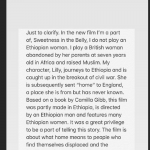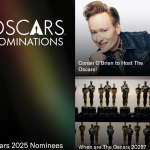It’s Not Just About The Oscars: We Need To Champion More Female-Driven Stories
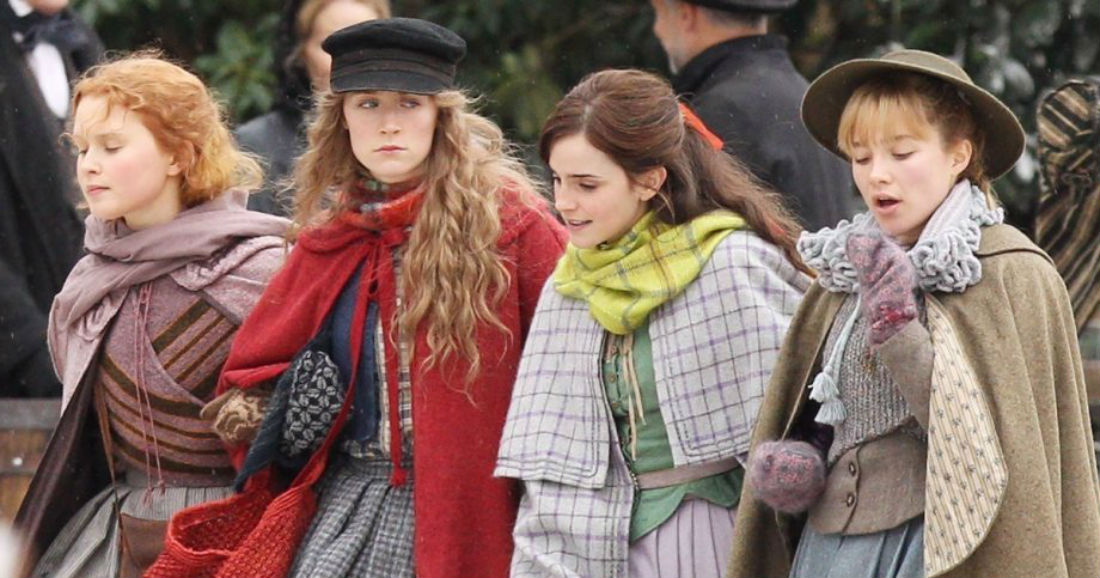
There have been many think pieces regarding the lack of women in the Best Director category in the weeks since the Academy Award nominations came out, and ordinarily, I wouldn’t add my voice to those. There are lots of people out there more eloquent than I, and they’ve already spoken up on the matter. But the pervasive dismissal of women in creative spaces is something I care very deeply about, and so here I am to add my two cents.
I’m not sure how to begin this, or even how to frame it properly, because while this is about the fact that once again the Academy did not see fit to nominate any women for Best Director despite there being a number of talented options, it is also about a much larger problem about how we as a culture view media created by women. But as this was spurred by the Oscars fiasco, I suppose it’s best to start there.
It probably hasn’t escaped your notice that – despite the record number of women nominated this year – the Best Director category is once again all men. Even with recent attempts to diversify the makeup of the Academy in the wake of the #OscarsSoWhite campaign, the voting block is still largely white men (approximately 84% white, 69% male, according to this Vanity Fair article from last year). Of course, the entire voting block doesn’t pick the nominees. In the case of Best Director, you have to actually be a director to choose the nominees. And this is still almost overwhelmingly men.
In the Oscars’ 92-year history, only five women have been nominated for Best Director – including Greta Gerwig, who was the focus of many of the recent think-pieces. Because although women make up approximately 50% of the population, they represent only 8% of directors. This is an issue all on its own, but not really the topic of this post.
In instances like that, I’d like to believe that the lack of female nominees isn’t intentional. However, the response to being called out on it is something that is definitely within the realm of control, and it is the response that worries me the most.
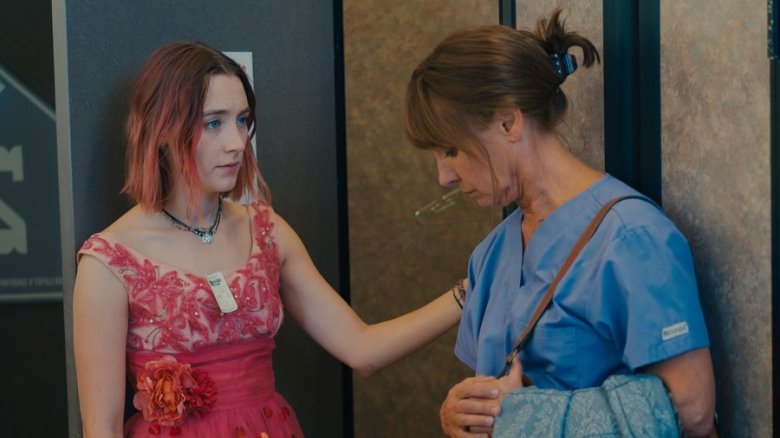
It’s this idea of merit. All of these awards ceremonies claim to award the best performances, the best song, the best everything, but all of these are subjective. A group of people can collectively come to a conclusion, but without seeing the actual breakdown of the voting, you can’t proclaim that something is the best just because it won an award. All that means is that, for that year, enough people decided it was better than the other nominees.
And for some reason, no one seems to ever question that the men who get nominated deserve their spot. But when women (or anyone from a marginalized community) get nominated, suddenly everyone questions their credentials. “Well, sure, they’re good, but do they really deserve to be called the best?” Or, worse yet, people make the assumption that they are only nominated due to “forced diversity”, as though they’re not good enough to make it on their own skills and must, therefore, be part of some effort to force equality.
I’ve heard that repeated often in the weeks since the Oscars nominees were announced – this idea that because a female director wasn’t nominated, it’s because they didn’t deserve it. That kind of thinking is dangerous; it implies that men always deserve their recognition, and women somehow don’t. There were quite a few notable films directed by women in 2019, as noted by the Tribeca Film Fest Twitter, though the most egregious snub is largely agreed to be Gerwig for Little Women.
The assumption that a woman being nominated is some effort of the Academy to be “woke” is dangerous, because it implies that women, in general, are not worthy of the award. It devalues their accomplishments and furthers the belief that men, and only men, deserve to be nominated. “Which director would you remove?” is what people ask when the topic is broached. And the answer is, it doesn’t matter. Any of them. There are only five nominees. Someone is going to get left off the list. The question is, why does it always have to be the women?
Again, these nominees are subjective. You can sit here all day long and argue why such-and-such film deserves to be on the list, but at the end of the day, that’s your opinion. And your opinion carries the same amount of weight as any other person’s opinion. When you look at the Academy, it’s mostly white men, so naturally, they decided that the best movies of the year were (mostly) movies directed by white men about white men.
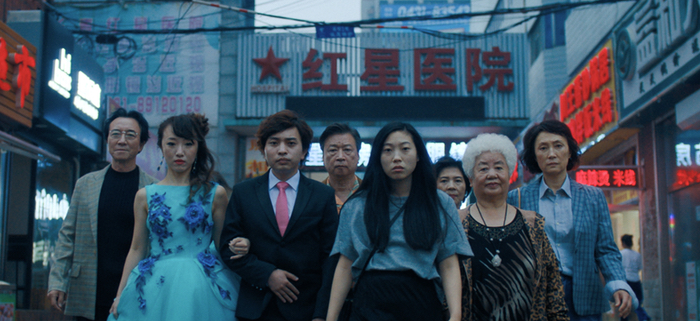
This leads me to another issue that is extremely pervasive and harmful in our culture. Many of the films directed by women in 2019 were about women – Little Women is obvious, The Farewell is about the relationship between a woman and her grandmother, Hustlers is about a group of women, Portrait of a Lady on Fire is about female lovers. Men, on the whole, don’t usually gravitate towards stories about women. In fact, it was noted by Time that many screenings of these films specifically for Academy members skewed two-to-one towards women. If they haven’t seen the film, how can they claim it isn’t worthy of being nominated?
The idea that stories about women are somehow lesser than stories about men is ridiculous, but it’s deeply rooted in our society. Not every comment about the patriarchy is ironic or meant as a joke. There is a reason such an attitude exists, and the reason is that for much of modern history, it’s been men making the decisions.
All you have to do is look at how society as a whole views media created by or primarily about women. Romantic comedies are unfairly criticized for being self-indulgent or unrealistic but a movie where an average beat cop defeats an entire group of international terrorists is heralded as a classic. Female-led movies are often held to ridiculous standards and must perform amazingly to be considered successful. Gender-swapped reboots are often panned across the board before they even hit theatres. These are issues that are further intensified by the lack of female film critics.
It isn’t just the movie industry, either. Romance as a genre is scoffed at, as though it’s any less self-indulgent than the average crime novel. Young adult (a demographic that is largely female-dominated) is unfairly skewered, with people dismissing the majority of books because some of them are bad, as though no bad adult fiction exists. Books about women are derogatorily labeled as “chick lit” or othered by calling it “women’s fiction”, while books about men are just allowed to be “fiction”. In short, books about female characters are considered to be only for women, but books about male characters are considered to be for everyone.
Out of the five women nominated for Best Director, only one has actually won – Kathryn Bigelow for The Hurt Locker. The Hurt Locker is a war movie starring Jeremy Renner; its subject matter is more familiar to the overwhelmingly white, male Academy, which probably explains why it won and not a film like, for example, Jane Campion’s The Piano.
I was an English major. Do you know, in four years of college, how many books I had to read for class that were written by women? Off the top of my head, I can think of only one – Beloved by Toni Morrison. In four years of high school, I can only think of one – The Awakening by Kate Chopin. I had to read Lord of the Flies and The Old Man and the Sea TWICE but no one could spare a thought to, oh, I don’t know, Jane Austen? We read one Shakespeare play a year but I couldn’t even name any female playwrights until after I graduated college. I read To Kill a Mockingbird on my own in middle school.
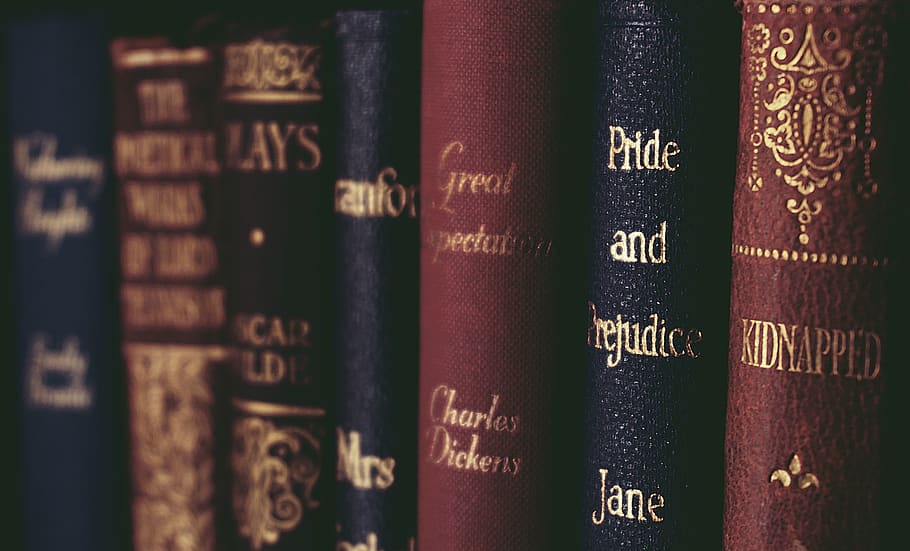
If you look at a list of classic literature, you will find that it’s populated mostly by male authors, even though statistically women read more than men. That’s not because women aren’t writing great books. It’s certainly not because we’re not reading. It’s because men are the ones making the list.
This is a problem. It’s a problem that starts when we’re children and continues on into adulthood, and women are just as guilty of it as men. Author Shannon Hale (Princess Academy, Ever After High) has written about situations when she speaks at schools, only girls are invited to the assemblies. The reasoning is that because she writes “girl books” (books where girls are the protagonists), only girls will be interested in hearing her speak. That implies that what she has to say is not worthy of being heard by boys, or important enough to be heard by everyone.
Samantha Shannon (The Bone Season, The Priory of the Orange Tree) has written about this as well, discussing how she’s heard from other female authors that men proudly proclaim to them that they don’t read books by women. I can tell you that, as a woman, it is extremely difficult to avoid books written by men. They’re everywhere in our society.
Animator and cartoonist Damian Alexander wrote a comic a couple of years ago about how he was mocked as a child for identifying with Matilda from Roald Dahl’s Matilda. The reverse rarely happens; I doubt you would find many people who would ridicule a young girl who identified with, say, Harry Potter. It’s normal for a girl to look up to a male character, but for some silly reason, it’s weird for a boy to look up to a female character. In Alexander’s comic, he brings up the point that not allowing boys to read stories about women often leads to them believing that women are unworthy of attention.
Which then, of course, leads to situations like absolutely no women being nominated for Best Director at the Oscars.
But it goes deeper than that. A couple of years ago, I reviewed a book called Ship It that featured a Supernatural-esque show that was directed by a man who was angry that most of the fans were women. This seems like something ridiculous, something that would make a specific subset of people declare, “Why do you have to make everything about gender?”, but this is an actual thing that happens. “Girls don’t like superheroes” or “girls don’t buy toys” is an (erroneous) thought process that has led to the cancellation of numerous, highly-rated cartoons once it was discovered that the audience skewed more heavily female.
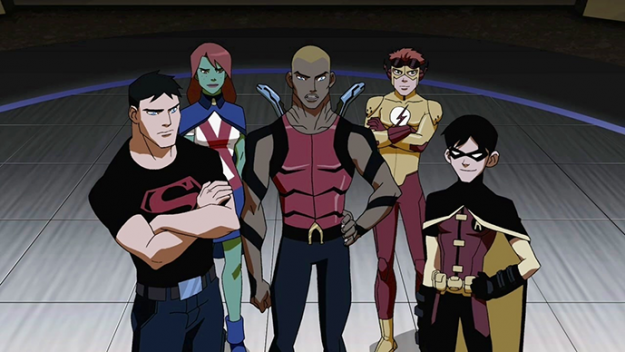
It’s a similar attitude that leads to male music groups dismissing their female fans, as though women (usually teenagers and young girls) are incapable of finding the same amount of enjoyment in the music as men do. Boy bands like One Direction often get written off because their fans are primarily female (and Harry Styles has some things to say about that), and despite the fact that the Beatles rose to popularity largely due to their female fans, many women now find themselves forced to take random pop quizzes whenever they claim to be a fan. It’s as though a band (or a book or a film or a television series) only gains value when it’s “discovered” by men.
Getting back to the lack of women in the Best Director category, many people have dismissed the issue by pointing out that, in the grand scheme of things, the Oscars simply don’t matter. And that’s true; they don’t. Aside from the myriad of real-world problems we’re facing, with the frankly obscene amount of awards shows that permeate the airwaves now, the Oscars have lost the cultural relevance that they had, say, 20 years ago.
But awards shows themselves still matter in the world of Hollywood, and the lack of female directors nominated for the Oscars is simply a symptom of a bigger problem. And dismissing its importance because the Oscars themselves don’t matter is handwaving a massive issue that really should be addressed.
It’s not just about the Oscars. It’s the systemic disregard for female-driven media – a disregard that begins when society tells boys they can’t like stories about princesses and continues with men deciding that they’ll just skip that showing of Little Women because it’s a “chick movie”.
Basically, we need to do what we can to prop up female-driven stories, to bolster women in creative industries and to shine a bigger light on the media they produce. Consume media by women and about women. Don’t hold it to different standards because of this. Then maybe it will be commonplace to see a woman nominated for Best Director.
Author: Jamie Sugah
Jamie has a BA in English with a focus in creative writing from The Ohio State University. She self-published her first novel, The Perils of Long Hair on a Windy Day, which is available through Amazon. She is currently an archivist and lives in New York City with her demon ninja vampire cat. She covers television, books, movies, anime, and conventions in the NYC area.
Help support independent journalism. Subscribe to our Patreon.
Copyright © The Geekiary
Do not copy our content in whole to other websites. If you are reading this anywhere besides TheGeekiary.com, it has been stolen.Read our

